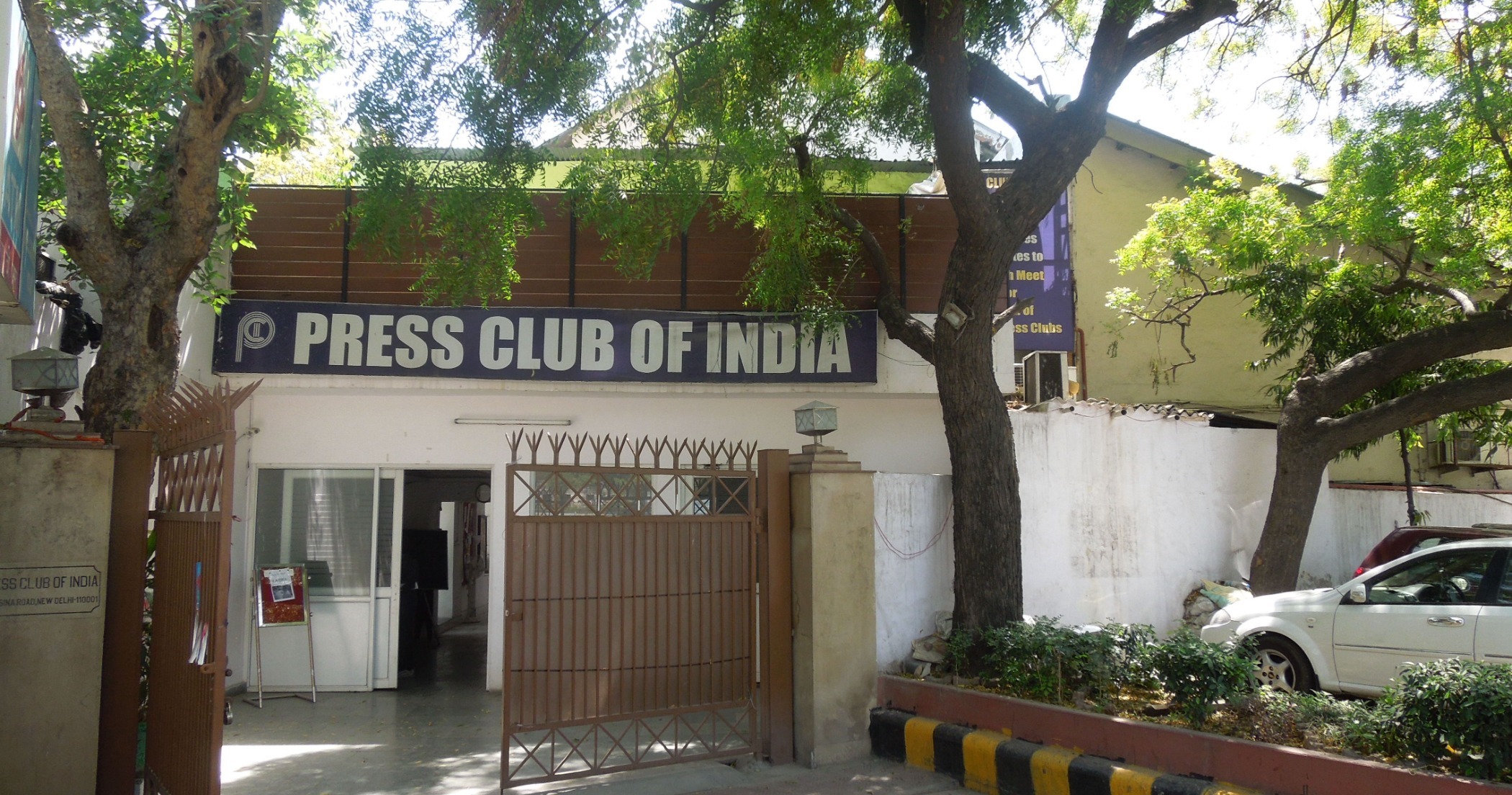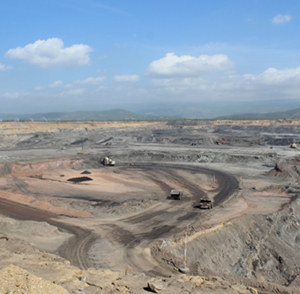
Since he was first elected in 2014, Prime Minister Narendra Modi has undermined India’s democracy and attacked the basic rights of its citizens. Last year he was named a “predator of press freedom” by Reporters Without Borders (known by its French acronym, RSF), which noted his “close ties with billionaire businessmen who own vast media empires”, along with his government’s explicit targeting of journalists. Such predators, said RSF, “trample on press freedom by creating a censorship apparatus, jailing journalists arbitrarily or inciting violence against them” and have sometimes even “directly or indirectly pushed for journalists to be murdered”.
It might well be considered arbitrary to be jailed on the basis of a tweet sent years ago. But that is just what has happened to the co-founder of AltNews, a fact-checking website based in Ahmedabad. Mohammed Zubair, who started the site in 2017, was accused in June of insulting Hindu religious beliefs on Twitter, after a Twitter user reported a 2018 tweet in which he commented on the renaming of a hotel after the Hindu monkey god Hanuman. The user, whose screen name is Hanuman Bhakt,meaning “worshipper of Hanuman”, called his comment a “direct insult” to Hindus.
AltNews is a well-respected fact-checking site, combatting disinformation in India, including fake news circulated in order to stoke the fires of communal hatred and provoke violence between Hindu and Muslim communities. Despite this, Zubair was charged on grounds of “promoting enmity between different groups on grounds of religion”, one of the charges also used against Siddique Kappan, another Muslim journalist, who has been in prison since October 2020. At the time of his arrest, Kappan had been on his way to the northern state of Uttar Pradesh to report on the gang rape and murder of a young Dalit woman, a case that had sparked nationwide protests.
Zubair, who was granted bail in late July, claimed in court that he had been arrested because he was a Muslim, and because of his fact-checking work. In an instance of bitter irony, his arrest occurred on the very same day that India committed at the G7 Summit to defend the principles of democracy and protect freedom of expression. It was also the 47th anniversary of the “Emergency”, imposed by the then Prime Minister Indira Gandhi, in which civil liberties were suspended in a period marked by the mass targeting, incarceration and torture of critics of the regime.
This latest attempt to silence a champion of facts and free expression provides yet more proof that India may be sliding into what many are now calling an unofficial, undeclared “Emergency”. As increasing numbers of principled journalists find themselves under attack, it becomes ever more crucial for the world to listen to, and attempt to protect, those voices still risking their lives to tell the truth.
This piece is a preview from our New Humanist autumn edition. Subscribe here.

